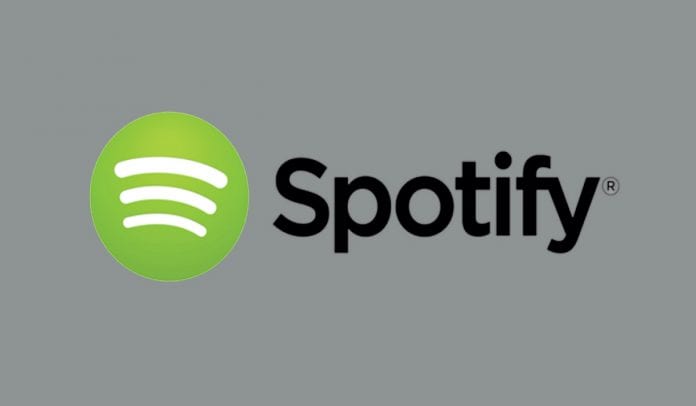At least two million users blocked ads without paying, says Spotify
Spotify Technology SA, a digital music, podcast, and video streaming service, has revealed that around 2 million of its users have been using modified versions of the Spotify app that block ads and allows the users’ to stream unlimited, high-quality music for free, reports Reuters. The hacked apps effectively turned Spotify’s free service into its premium, ad-free service and allowed users to access premium Spotify features for free. As a result, this leaves a potential risk to revenues for the soon-to-be-public company.
The revelation came in an amended regulatory filing with the U.S. Securities and Exchange Commission (SEC) on March 23, 2018. The disclosure notes, “Unauthorized access to our Service may cause us to misstate key performance indicators, which once discovered, corrected, and disclosed, could undermine investor confidence in the integrity of our key performance indicators and could cause our stock price to drop significantly.”
As a result, Spotify has adjusted its monthly active users from 159 million to 157 million at the end of 2017. As of December 31, 2017, Spotify had 157 million active users, of which only 71 million paid the $9.99 monthly fee for the ad-free experience of Spotify’s premium subscription service, states its recent report. This means that the remaining 86 million were users of its free service, which includes advertising messages.
According to Spotify’s SEC filing, the two million people who listened to music illegally were not included in the company’s most recent numbers. In a section of its filing Summary > Recent Developments > Unauthorized User Access, Spotify says:
On March 21, 2018, we detected instances of approximately two million users as of December 31, 2017, who have been suppressing advertisements without payment. We previously included such users in calculations for certain of our key performance indicators, including MAUs, Ad-Supported Users, Content Hours, and Content Hours per MAU. While we have excluded these users from these key performance indicators and other related metrics throughout this prospectus for the year ended December 31, 2017, we currently do not have, and may never have, the requisite data available to adjust such key performance indicators and other metrics prior to January 1, 2017, and as a result, such key performance indicators and other metrics for such periods may be overstated.
In the amended filing, Spotify also said their business model is “at risk of artificial manipulation of stream counts and failure to effectively manage and remediate such fraudulent streams could have an adverse impact on our business, operating results, and financial condition.”
Instead of a traditional IPO, Spotify had filed for a direct listing of its shares last week. With just a week away from going public, the change in its MAU metrics for the year is a concern and matters to the company more than ever.
Also, if a significant number of subscribers skip ads, it could negatively affect Spotify’s bottom line at a crucial time for the company. Users avoiding ads played during music streams still cost Spotify money, as the company pays a small amount to the artist for every stream of their song. It will also hurt the trust the company has gained with their advertising clients.
“We will continue to invest in our advertising products in order to create more value for advertisers and our Ad-Supported Users by enhancing our ability to make advertising content more relevant for our Ad-Supported Users,” the company filing says. “Offering advertisers additional ways to purchase advertising on a programmatic basis is one example of how we continue to expand our portfolio of advertising products. We also are focused on developing analytics and measurement tools to evaluate, demonstrate, and improve the effectiveness of advertising campaigns on our platform.”
Currently, Spotify remains the largest music streaming service around, with Apple Music considered as its closest competitor.
Also Read– Spotify Web Player- Listen Music Online In Browser

